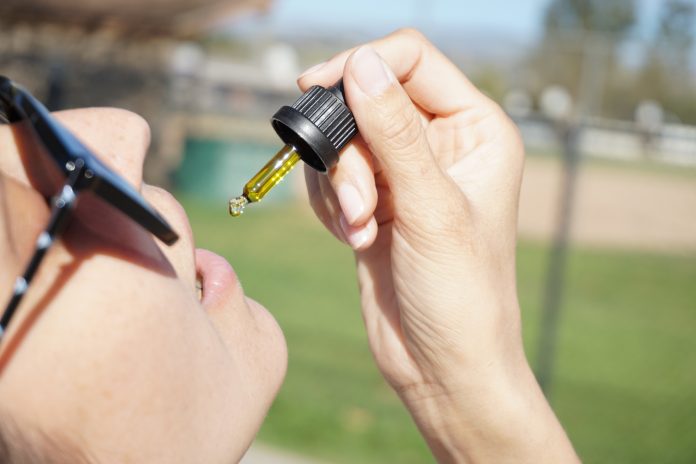The Food Standards Agency (FSA) in the UK has recently revised its advice concerning the daily consumption of cannabidiol (CBD), a popular cannabis extract found in numerous high street products, ranging from baked goods to beverages. The regulator has lowered the recommended daily intake of CBD from 70mg to a mere 10mg due to growing concerns about potential long-term adverse effects, notably liver damage and thyroid complications.
This updated recommendation marks a significant shift from the agency’s 2020 guidance, and it’s anticipated to send ripples across the burgeoning CBD industry.
Notably, there are currently products on the market that contain more than the newly suggested 10mg per serving.
However, the FSA emphasised that this advice is solely advisory and hasn’t called for the removal of any products from store shelves.
CBD, distinguished from the psychoactive THC, surged in popularity throughout the 2010s.
It’s incorporated in an array of products from cosmetics to beverages, thanks to its reputed benefits like alleviating anxiety and aiding sleep.
The compound has enjoyed a meteoric rise, driven by the widespread consumer trend towards wellness and healthy lifestyles.
Currently, the UK market for CBD stands at roughly £300m annually, with an estimated 6.5 million Britons using CBD products.
Despite the revised recommendations of CBD daily intake, analysts expect this demand to persist.
The industry has faced regulatory challenges in the past. In 2020, CBD brands were informed they must receive FSA authorisation for products before they could be legally sold.
Yet, the FSA hasn’t approved a single product so far, leaving the market in a state of uncertainty.
Regardless, brands like Goodrays remain optimistic, viewing the FSA’s latest move as a step towards a more regulated market, ensuring consumer safety and product quality.
While the new guidelines might pose challenges for some CBD businesses, it underscores the importance of ongoing research and consumer safety in this rapidly evolving sector.


